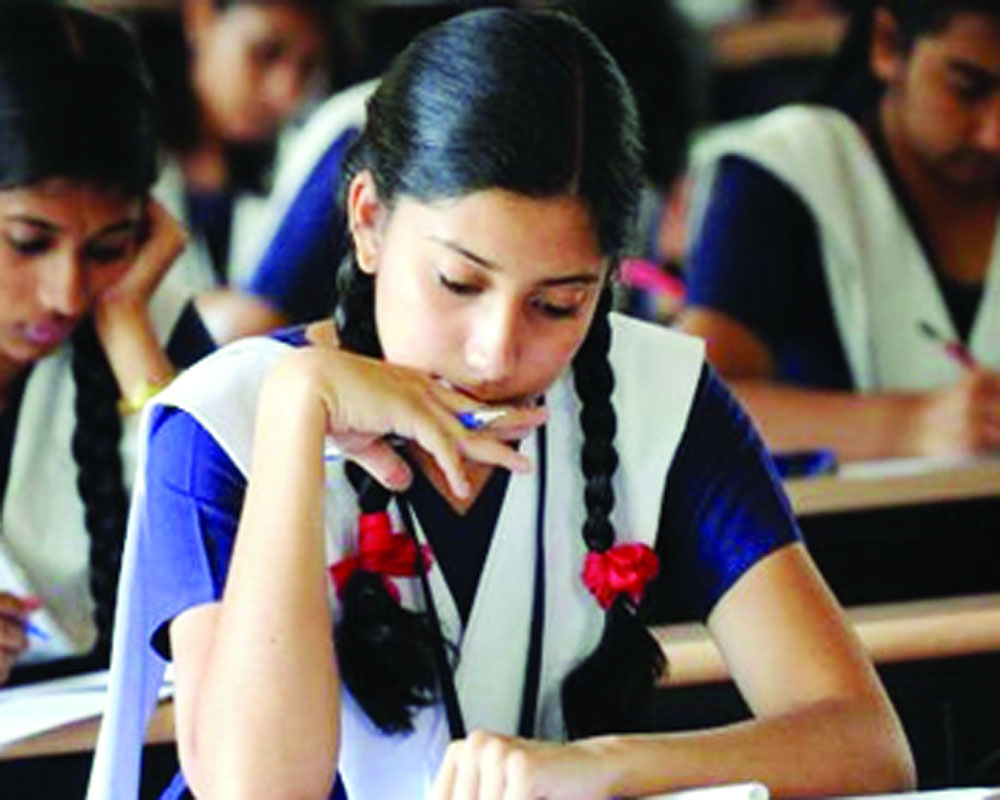Current education system in India is neither creating enough 21st Century global skills in students to meet the industry requirement nor training them in life skills. Employers have to reskill and upskill even the best degree holders to make them relevant for today’s job requirement. This implies that we need to re-invent ourselves to make our students capable of handling uncertain future in store for them.
Alongside employment, the purpose of education, according to Swami Vivekananda, is man-making, life-giving, character-building, and assimilation of noble ideas. Dr APJ Abdul Kalam opined that the main aims of education are to build character and to cultivate human values in students, to develop a scientific attitude with a spiritual foundation, to build confidence to face uncertain future, and to develop a sense of dignity, self-respect, and self-reliance. How do we, the teachers, learn to teach in this scenario?
The Gurukul system prevalent in ancient India can help us in fulfilling the dual objectives of education. Gurukul was the residential centre of learning originated 5000 BC in the Indian subcontinent. Gurukul was supported by public donations; therefore, it had the freedom to decide the subjects to be taught, design its own curricula, pedagogy, and methods of evaluation. Bloom’s Taxonomy (remembering, understanding, applying, analysing, evaluating and creating) has similarity with the six levels of learning prevalent in Gurukul — abhyas, practice or the recitation of the text taught, understanding of the meaning, phala, comprehension of results; arihavada, the study of explanatory texts and upapatti, attainment of conclusions.
Gurukul believed in a paradigm that nothing can be taught. Gurus were facilitators and guides and did not actually train the shishya’s mind, but only showed them how to perfect their instruments of learning. Thus, Gurukul was successful in developing self-confidence, discipline, and control; character formation; social awareness; personality, intellectual, spiritual and emotional development; critical thinking and preservation of knowledge and culture. So, how can we integrate this Bhartiya vision and system of teaching and teachers in our present system to make it relevant in the 21st century? Gurukul system may become robust if we re-align it with the present-day needs using ICT tools.
So What Should We Do
Covid-19 has forced us to embrace online pedagogy. Since we are not prepared to completely embrace it all of a sudden for the want of skills and resources, blended pedagogy can yield intended results. Teachers need to optimally use ICT tools in imparting education. Why students today learn more from the internet than the classrooms is that the former is more engaging and provides unlimited time and space for learning. Today’s students have an addiction to screen learning in audio-visual mode. How can we replicate this in the classroom environment? We need to encourage them to join global communities on social media and other engaging platforms.
The current buzzword is “experiential learning”. We should have blended curricula encompassing theory, tutorials, practical, dissertations/projects, excursions, field study, internships, etc, and make students to experience these to enrich their learning domains. We should cite examples from national, regional, and local perspectives; narrate success stories of our national heroes; and also from nature, to explain the concepts to capture the imagination and thought process of the learners.
Young brains need stimulating experiences to retain concepts for long memory. A 21st-century teacher should go even beyond this to make sure that students, alongside learning, are also analysing, applying, and finally interpreting it to create a new knowledge base for the good of the nation. Learning outcome-based Curriculum Framework of UGC becomes relevant in this context.
Students should be exposed to the trans-disciplinary discourse of learning to find solutions to the issues of national significance. As such, 21st-century teachers need to be life-long learners (yavadjeevait adhiyate viprah = The Wise Pursue Learning Throughout Life) by becoming co-learners to students. It is possible that what we learn today may become irrelevant tomorrow. Therefore, we should believe in the paradigm of learning, unlearning, and relearning. This enables us to be relevant as teachers forever. The 21st-century teacher should be able to create opportunities for students to take pride in their learning. Since peer learning and sharing experiences are the norms of the day, students should be encouraged to share their work with their peers and take pride. We ought to provide a co-operative learning environment for students. We can teach them to create blogs, post opinions, and make audio-visuals on a variety of topics. We should also encourage them to earn through skill development activities alongside learning i.e. earn while you learn. Real learning takes place only when the focus is on practical and applied knowledge and in creating awareness in social, emotional, moral, ethical, spiritual, and creative aspects of life. There lies the importance of a real teacher able to create curiosity in learners and make their life purposeful. Four pillars of education, namely, learning to know, learning to do, learning to be, and learning to live together should always remain engraved in the thought process of teachers and taught.
To conclude, a 21st century teacher should become an awakened global leader to encourage and inspire students to become inquisitive. In the future, success will not depend on a degree, but on the ability to learn, interpret, apply, and innovate. A real 21st-century teacher is the one who can train students to use and interpret information effectively to derive benefit for the society and the nation. Teachers should update themselves annually to present to the students their new versions. In this way, we can help Bharat to become atma nirbhar. We should believe in our ancient doctrine of learning i.e. “May auspicious thoughts come to us from all over the world” to make our ancient wisdom “Om Sarve Bhavantu Sukhinah, Sarve Santu Niraamayaah” to become true.
(The writer is Vice Chancellor, Doctor Hari Singh Gour Vishwavidyalaya, a Central University, Sagar. Views expressed here are his own, not of the university)


























